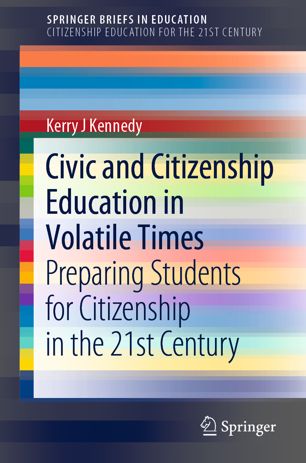

Most ebook files are in PDF format, so you can easily read them using various software such as Foxit Reader or directly on the Google Chrome browser.
Some ebook files are released by publishers in other formats such as .awz, .mobi, .epub, .fb2, etc. You may need to install specific software to read these formats on mobile/PC, such as Calibre.
Please read the tutorial at this link: https://ebookbell.com/faq
We offer FREE conversion to the popular formats you request; however, this may take some time. Therefore, right after payment, please email us, and we will try to provide the service as quickly as possible.
For some exceptional file formats or broken links (if any), please refrain from opening any disputes. Instead, email us first, and we will try to assist within a maximum of 6 hours.
EbookBell Team

5.0
90 reviewsThe book highlights current issues influencing civic and citizenship education and their theoretical underpinnings. It provides an overview of the key features influencing ‘democratic deconsolidation’ , suggests ways in which civic and citizenship education needs to be reframed in order to fit this new political environment, and demonstrates how social media will play a significant role in any future for civic and citizenship education.
Currently, democratic institutions are under attack, democratic values are threatened, and there is a wide-scale retreat from the liberal consensus that has underpinned liberal democracies internationally. These trends can be seen in events like, Brexit, the election of a right-wing populist President of the United States and, anti-democratic governments in parts of Europe. It is this change in the direction of political ideology that is currently ‘deconsolidating democracy’ and thus challenging traditional approaches to civic and citizenship education. What is urgently needed is an understanding of these current trends and their implications for thinking in new ways about civic and citizenship education in the 21st century.